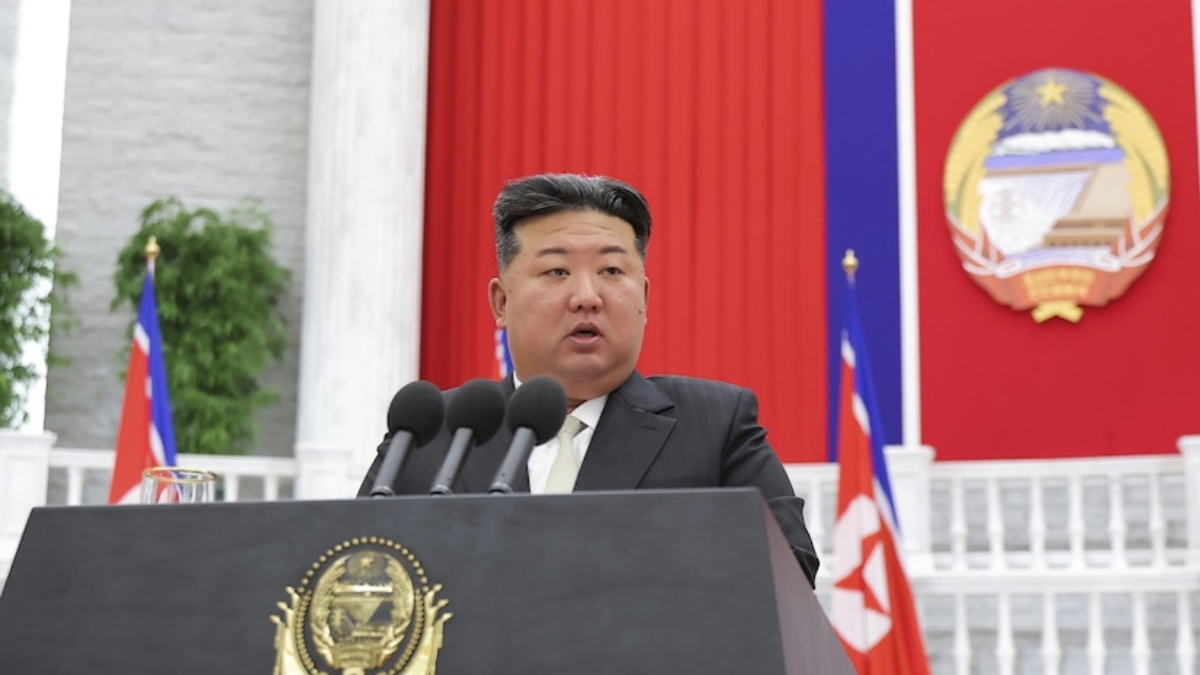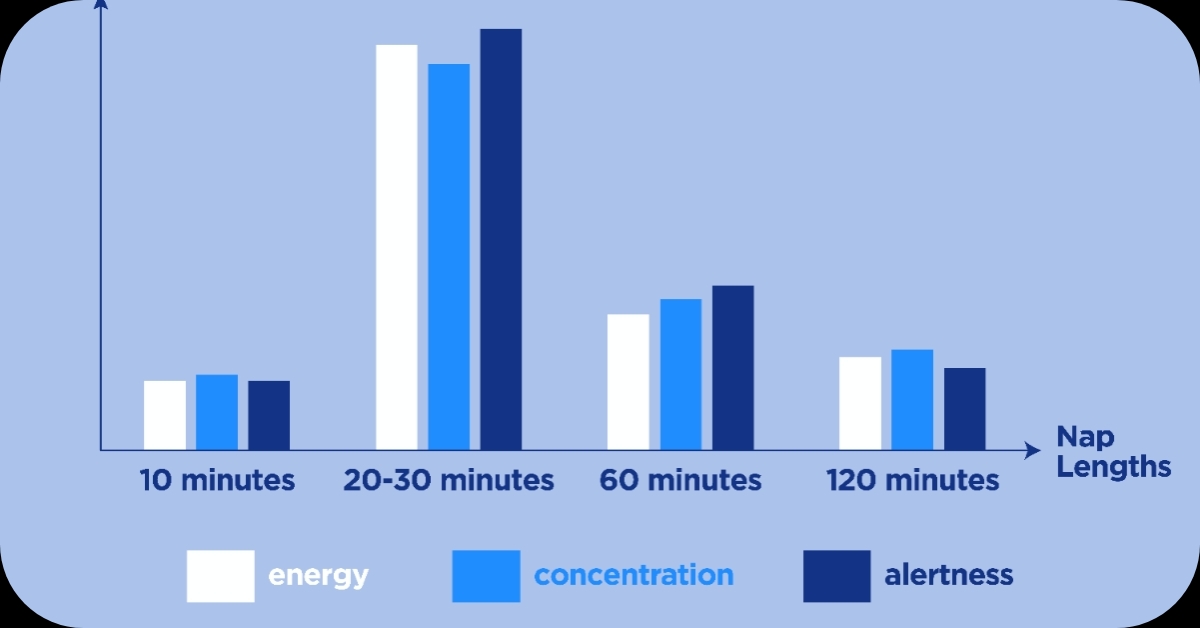North Korea, officially the Democratic People’s Republic of Korea (DPRK), is a mysterious nation known for its closed borders, tight control over information, and unique governance. Despite its isolation, global curiosity about North Korea continues to grow, covering topics like the life of North Korean citizens, the country’s political leaders, defectors, athletes, and military.
North Korean Leader: The Enigma of Kim Jong-un
Kim Jong-un, the current North Korean leader, took power in 2011 after the death of his father, Kim Jong-il. His rise to leadership marked the continuation of the Kim dynasty, which has ruled North Korea since its inception in 1948 under Kim Il-sung, the country’s founding father. The Kim family holds a revered status within North Korea, almost godlike in their portrayal by state propaganda. Kim Jong-un’s rule has been characterized by an unyielding commitment to the country’s nuclear weapons program and a rigid grip on power.
Kim Jong-un’s leadership continues to fascinate the world, given his approach to governance, as well as his sporadic international interactions. For example, his meetings with former U.S. President Donald Trump were unprecedented and sparked a surge of global interest in North Korean diplomacy. Despite these interactions, North Korea remains largely insulated from the international community.
The Journey of North Korean Defectors: A Dangerous Escape
One of the most frequent inquiries involves North Korean defectors—individuals who risk their lives fleeing the country to escape the oppressive regime. Defectors often seek asylum in countries like South Korea, China, or even the United States. However, the journey is fraught with danger, as defectors face the risk of being captured and sent back, where they could face severe punishment or even death.
Many North Korean defectors who have successfully escaped share harrowing stories of extreme poverty, persecution, and the brutal control of the government. They often paint a grim picture of life in North Korea, one of fear, hunger, and suppression. However, defectors also bring attention to the resilience of the North Korean people, who are resourceful in surviving the harsh conditions.
Some defectors have also become advocates for change, giving voice to those still trapped in the regime. Their stories have fueled international campaigns for human rights in North Korea, bringing the realities of life under the dictatorship to the global stage.
North Koreans in Ukraine: A Mysterious Presence
A more recent curiosity involves North Koreans in Ukraine. While North Korea typically isolates itself from global conflicts, reports surfaced in 2023 and 2024 about North Korean troops and workers potentially being sent to Ukraine. Although details remain sparse, these rumors have raised eyebrows, particularly in the context of North Korea’s strong relations with Russia.
The role of North Korean troops in Ukraine has not been confirmed by the regime, but the potential involvement of North Korean workers in rebuilding efforts or providing support to Russia during the ongoing war is plausible. Such rumors reflect the complex geopolitics involving North Korea and its strategic alliances, particularly with nations that share a distrust of the West.
North Korean Athletes: Sports in the DPRK
North Korean athletes represent the country in international events, most notably the Olympics. Although their participation has been sporadic, especially during the COVID-19 pandemic, North Korean athletes have made their mark in events such as weightlifting, gymnastics, and marathon running.
In the 2024 Olympics, North Korean athletes are anticipated to compete, despite their recent absence from the 2021 Tokyo Olympics. Sports in North Korea are tightly controlled by the government, and athletes are seen as ambassadors of the regime. There have been rumors that North Korean athletes who fail to perform well internationally are punished upon returning home, but these reports remain difficult to verify due to the regime’s secrecy.
In rare cases, here athletes defect, choosing to escape while abroad for international competitions. These defectors often cite the harsh living conditions and lack of freedom in North Korea as motivating factors for their decision to flee.
The North Korean President: A Misnomer?
Contrary to popular belief, North Korea does not have a president in the traditional sense. The highest title in the nation is held by Kim Jong-un, who is officially referred to as the “Supreme Leader.” Historically, Kim Il-sung was declared the Eternal President of North Korea, and no one else has held that title since. In practice, the real power rests with the ruling Kim family and their close allies in the military and government.
North Korean Currency: An Economic Puzzle
The currency, known as the Won (₩), has experienced significant fluctuations over the years. The country’s closed economy, coupled with international sanctions, has made its currency highly unstable. In recent years, the value of the North Korean Won has risen by +123%, but this increase does not reflect an improvement in living conditions for most North Koreans. Inflation remains high, and basic goods are often in short supply.
Most North Koreans rely on informal markets, known as “jangmadang,” to access food and other essentials. Despite government crackdowns, these black markets have become a crucial part of daily life, allowing citizens to bypass the state-controlled economy.
The North Korean Army: A Military Powerhouse
The army of North Korea is one of the largest in the world, with an estimated army size of around 1.3 million active personnel. Despite its large size, the army’s equipment is outdated, and the country’s military strength relies heavily on its nuclear weapons program. In 2024, reports suggest that the North Korean army’s strength has decreased by -18% due to resource constraints and desertions.
North Korea’s air force is similarly outdated, with old Soviet-era aircraft still in service. However, the regime continues to invest in missile technology and nuclear capabilities, which it sees as vital for its survival in a world of perceived enemies.
Life in North Korea: Daily Realities
Life in North Korea is a mix of strict control and surprising resilience. Citizens have very little freedom, with every aspect of their lives dictated by the state. North Korean food is typically simple, with rice, kimchi, and small amounts of meat being common staples. Malnutrition is a persistent issue due to the government’s mismanagement of agricultural resources and the ongoing effects of international sanctions.
The average North Korean salary is incredibly low, with most citizens earning only a fraction of what people in other countries make. Despite this, some people have found ways to improve their living standards by engaging in informal trade or working in industries that cater to the elite.
One of the more bizarre aspects of North Korean life involves approved haircuts—the government reportedly mandates specific hairstyles that citizens can choose from, further highlighting the level of control exerted over even the most personal aspects of life.
Can North Koreans Leave the Country?
One of the most commonly asked questions is: “Are North Korean citizens allowed to leave?” The short answer is no. The regime strictly controls the movement of its citizens, and only a select few, often high-ranking officials or athletes, are permitted to travel abroad. Even then, these individuals are closely monitored to prevent defection.
Despite the restrictions, some North Koreans manage to escape, often fleeing to China or South Korea. For those who are caught attempting to leave, the consequences are severe, ranging from imprisonment in labor camps to execution.
Are North Koreans Happy?
Are North Korean citizens happy? This is a difficult question to answer definitively due to the regime’s control over information and propaganda. North Korean media frequently portrays its citizens as joyful and content, living in the “best country in the world.” However, defectors and outside observers suggest that the reality is far different, with many North Korea people living in fear, poverty, and repression.
While some North Koreans may genuinely support their government, either out of loyalty or fear, others yearn for freedom and better opportunities. The growing black markets and the increasing flow of outside information into the country suggest that more Koreans are becoming aware of the world beyond their borders and the possibilities it holds.
Conclusion
North Korea remains one of the most secretive and enigmatic nations in the world. From its leaders to its defectors, from its athletes to its army, the country continues to captivate global attention. The realities of life in North Korea are harsh, but the resilience of its people is undeniable. As more defectors share their stories, and as the world continues to learn about the inner workings of the regime, the global community can only hope for a brighter future for the North Korea.



